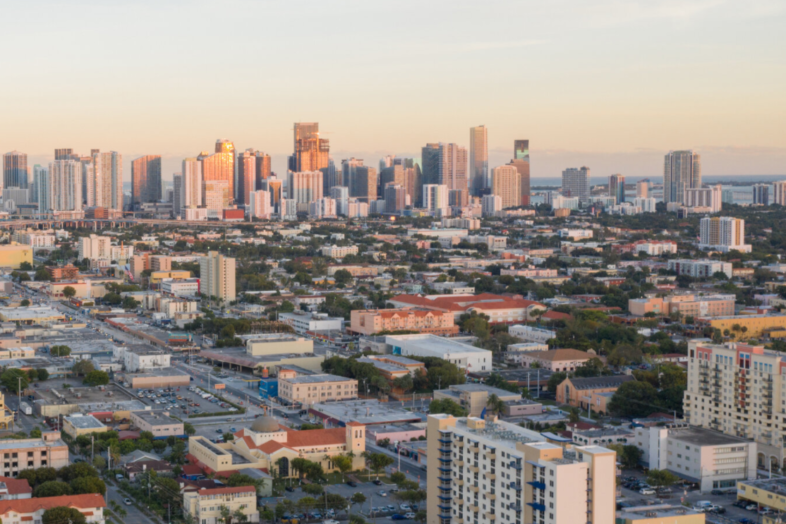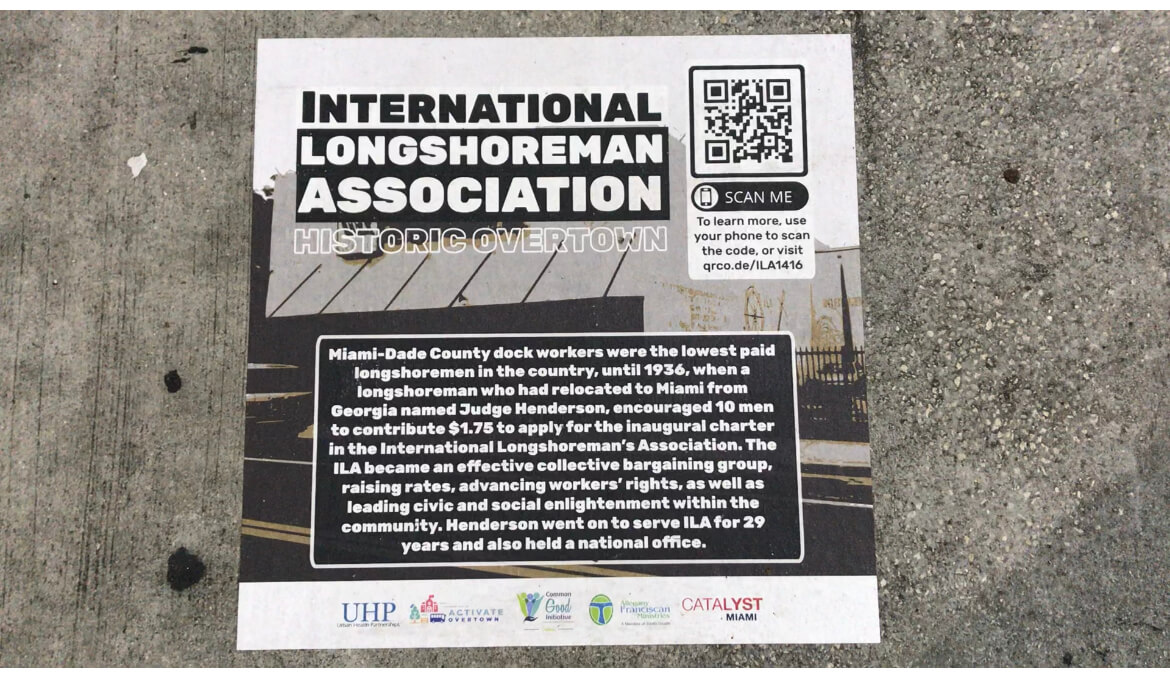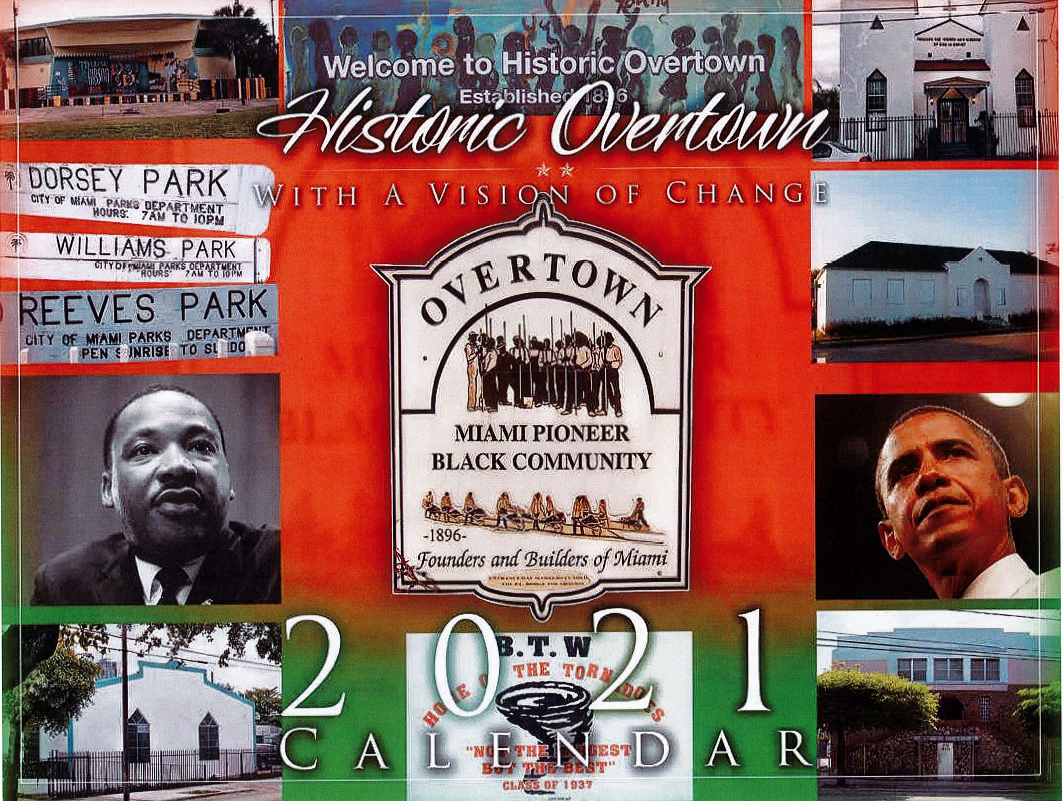
There’s no single sure-fire policy proven to stop gentrification, but there are strategies that can help ensure that the people of Overtown are able to stay in place and benefit from investments in the community.
“Community organizing that brings different groups to the same table to identify a shared interest and common struggle is key to ensuring development that empowers entire communities. The development process should enable community members to identify the types of housing, services and infrastructure that should exist in their neighborhood. The process should value longtime residents’ visions of neighborhood change and give the power of decision-making to community residents. A healthy community is one that acknowledges and supports the importance of racial equity, community and culture.”
Communities are employing anti-displacement strategies that offer baseline protections for the most vulnerable residents, producing and preserving affordable homes, non-market-based approaches to housing and community development, and new approaches to community participation. Some of the strategies include:
- Community Land Trusts
- Rent Control
- Just-Cause Eviction Ordinances
- Community Benefits Agreements
- Tenant Option to Purchase
- Regulating and Taxing Short-Term Rentals
- Vacancy Taxes
- Extended Affordability Requirements
Learn more about how these policies are being used in other communities in this article from the National Low Income Housing Coalition. Click to links below to learn about Miami organizations working to build collective action to protect Towners from being pushed out:
- SMASH: Struggle for Miami’s Affordable Sustainable Housing / Miami Workers Center
- PowerU
- Miami Homes for All
- Catalyst.
This post was created in partnership with Urban Health Partnerships for the Activate Overtown project, funded by the Allegany Franciscan Ministries‘ Common Good Initiative.











Add Comment